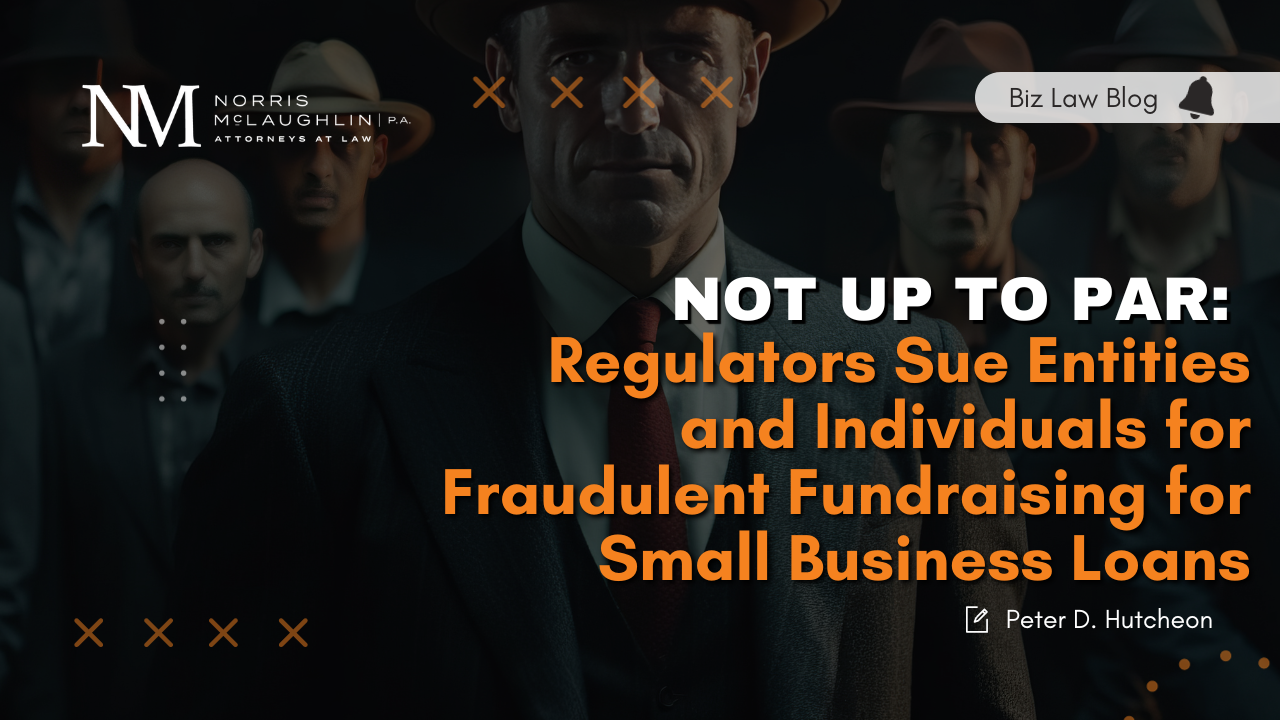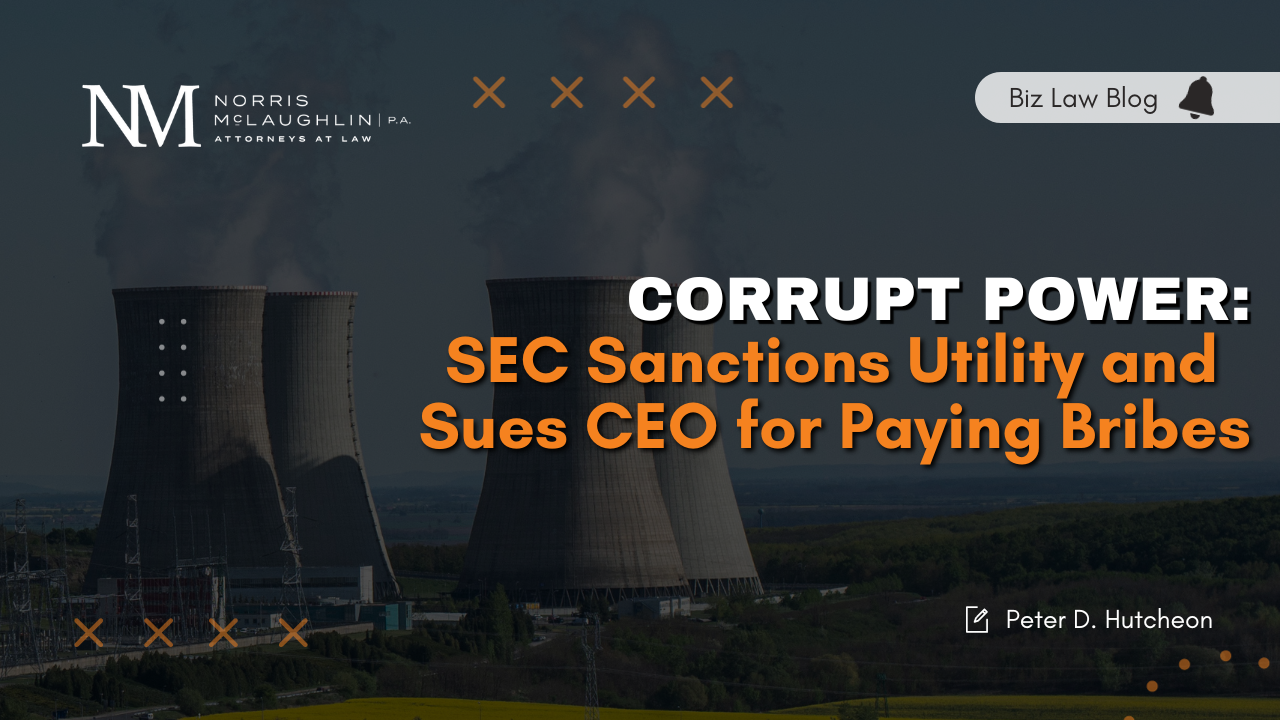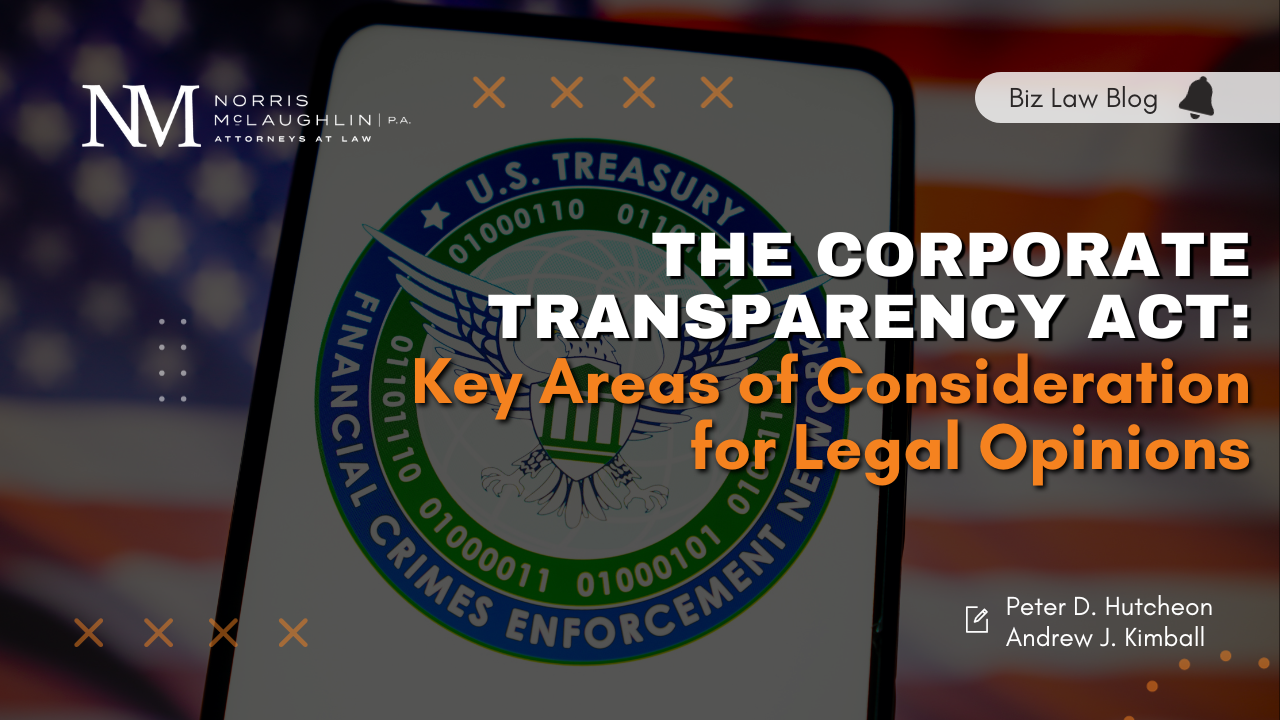Not Up to PAR: Regulators Sue Entities and Individuals for Fraudulent Fundraising for Small Business Loans

What was a small businessperson to do? In the aftermath of the “Great Recession” (2007 – 2009), the U.S. economy took its own sweet time in recovering from a widespread collapse of value. In response to the financial disruptions brought by the Great Recession, the U.S. Congress enacted the Dodd-Frank Wall Street Reform and Consumer Protection Act of 2010. Dodd-Frank, in the words of then President Obama, worked a “sweeping overhaul of the financial regulatory system, a transformation on a scale not seen since the reforms that followed the Great Depression.”
What was the impact of this sequence of events on the availability of capital for investment and expansion? While there were variances among parts of the capital markets, it can safely be said that banks felt themselves constricted by both the new, stricter regulatory regimes and by the enhanced scrutiny of their lending activities by bank regulators. Some businesspeople went so far as to assert that “Safety and Soundness” (the fundamental measure of a bank’s condition) had been replaced by “Stasis” (i.e., rather than lend, do nothing). So, to return to the first question, what’s a small businessperson to do?
The history of Prohibition in the U.S. is a story of how the well-intentioned temperance movement single-handedly created criminal gangs of “rum runners,” which required federal action to curb both the crimes and the bloodshed. In a strikingly similar way, the Great Recession and Dodd-Frank combined to create opportunities for inventive types to come up with non-bank loan facilities; and not all of those were mere FinTechs; some of them were loan sharks.
During this same period many individuals, especially older Americans, sought investment opportunities that offered better returns than the 0.5% or less on money market funds or certificates of deposit. Into this void stepped Joseph LaForte (also known as: Joe Mack, Joe Macki, and Joe McElhone). LaForte was already an established felon, having been convicted in October 2006 (at age 35) by the State of New York of grand larceny and money laundering (with a sentence of 3 to 10 years), and in 2009 in the Federal Court for the District of New Jersey for running an illegal gambling operation. In 2011 he founded Complete Business Solutions Group, Inc., d/b/a Par Funding, with his wife, Lisa McElhone (then 31), while on “supervised” release from incarceration for illegal gambling.
THE PAR FUNDING OPERATION
Par Funding offered “Merchant Cash Advances” that were short term loans at very high interest rates (some as high as 400%) for small businesses. Although in many instances these loans were clearly usurious, the need for capital drove hundreds of businesses to take a Par “Advance.” Indeed, Par was “doing so well” that it needed to raise more funds to continue to expand. At the same time, loan collection became another key part of Par’s operations. Here LaForte employed his younger brother, James, and one Renato “Gino” Gioe to (in the words of a May 2023 Press Release from the Office of the U.S. Attorney for the Eastern District of Pennsylvania) “to participate in the extortionate collection of credit.” The U.S. Attorney alleges that “these individuals made hostile, threatening, and intimidating communications to Par Funding’s customers in person and over the telephone in order to collect on delinquent MCAs.” LaForte is alleged in May 2019 to have threatened to “blow up” a customer’s house and in August 2019 to have asked another customer if he had ever heard of “cement shoes.” James is charged with having told a customer that he (James) was a “soldier for the family” who had torched cars and kicked in people’s teeth.
With this level of dedication and entrepreneurship on the collection end, it is hardly surprising that Par Funding developed an equally active system to garner new money for more MCAs. LaForte, his wife, James, and Joseph Cole Barleta (a/k/a Joe Cole who was 26 in 2016) recruited a network of individuals to sell unregistered notes to investors nationwide. This system, in which there was no registration of the notes with the U.S. Securities and Exchange Commission (“SEC”), nor any registration of the salespeople as broker/dealers with either any state securities agency or the SEC, raised over $500 million from hundreds of investors looking for yield.
Initially, the salesmen sold investors Par Funding promissory notes (the “Par Notes”). However, in March 2020, the salesmen notified the purchasers of Par Notes that Par was not going to be able to make the payments called for on the Par Notes due to the economic shutdown in response to the COVID-19 pandemic. The salesmen offered to exchange new (lower interest rate) promissory notes (the “Parallel Entity Notes”) to be issued by newly created entities (the “Parallel Entities”). Nearly all the Par Note investors accepted the exchange offer, even though there was practically no disclosure to those investors beyond the bald statement that Par could not pay the amounts due on the Par Notes.
Funds raised by first, the sale of Par Notes, and after the exchange, by the sale of Parallel Entity Notes were funneled to Par Funding by the salesmen in return for compensation for their selling efforts (quite literally “commissions”). The Parallel Entity Notes were not registered with the SEC or any state either. In addition to violating Section 5 of the Securities Act of 1933, as amended (the “1933 Act”) by selling unregistered securities, the offerings of the Par Notes and of the Parallel Entity Notes failed to disclose LaForte’s criminal record, the questionable underwriting process used to make MCAs, the default rate on MCAs, the actual financial results of Par’s operations, the illegal collection methods, and various other facts which a reasonable investor would consider material. These systematic fraud activities were in operation from at least 2016 until July 2020, when LaForte was charged by the U.S. Attorney for the Eastern District of Pennsylvania with the illegal possession of a gun and ammunition, because he was a convicted felon. That case remains pending as LaForte awaits further judicial procedures while incarcerated in Philadelphia.
THE REGULATORY RESPONSE
The Par Funding securities fraud began to unravel in 2018, when the Pennsylvania Department of Banking and Securities Bureau of Securities Compliance and Examinations opened an investigation of Par Funding’s activities. This led the Pennsylvania Bureau to issue an Order against Par (to which it consented) on Nov. 28, 2018, assessing a civil penalty of $499,000 for using unregistered agents to sell Par Notes in that Commonwealth. This was promptly followed on Dec. 27, 2018, by a similar Order by the New Jersey Bureau of Securities against Par Funding for using an unregistered agent to sell unregistered Par Notes in New Jersey. In Feb. 2020, the Texas State Securities Board issued an Emergency Cease and Desist Order against Par and its agents for violating both the anti-fraud and registration provisions of Texas law, where those violations included failing to disclose the existence of the Pennsylvania and New Jersey Orders. Bestirred by the growing number of state enforcement actions, the SEC on July 28, 2020, obtained emergency relief and an asset freeze against Par Funding, its principals and agents, from the U.S. District Court for the Southern District of Florida (Par’s headquarters were located in Palm Beach Gardens, Florida, although as noted below LaForte and his wife actually spent most of their time in or near Philadelphia). On July 31, 2020, the SEC sued Par Funding and its principals for violations of the antifraud provisions of both the 1933 Act and the Securities Exchange Act of 1934, as amended (the “1934 Act”), seeking disgorgement, interest, and civil penalties.
The SEC subsequently brought three other Par Funding related actions: in June 2020, it sued A.G. Morgan Financial Advisors, LLC, a SEC-registered investment adviser, for unlawfully participating in Par’s fraudulent offerings; in July 2022, it settled claims against John W. Pauciulo, Esq., of Philadelphia for his involvement with the Par offerings; and in Oct. 2023, it brought charges against the salesmen and the Parallel Entities for their efforts selling Parallel Entity Notes to some 830 investors, raising over $164 million. On May 24, 2023, Par Funding and its principals (i.e. LaForte, his wife, his brother James, and Joseph Cole Barleta) were charged by the U.S. Attorney for the Eastern District of Pennsylvania with the crimes of securities fraud, extortionate collection of credit, tax crimes, perjury, obstruction of justice, witness retaliation, and witness tampering. The U.S. Attorney, in the related Press Release, notes that if convicted on all counts the individual defendants face possible maximum sentences as follows: LaForte – 796 years; McElhone – 70 years; James LaForte – 615 years; and Joe Cole – 415 years.
THE OTHER CRIMES
That U.S. Attorney Press Release also outlines some of the non-securities related crimes allegedly committed by defendants:
- LaForte and his wife defrauded the Commonwealth of Pennsylvania out $1.2 million in State taxes by claiming that they were Florida residents, while living more than 300 days a year in Pennsylvania;
- LaForte and his wife conspired to evade over $500,000 in employment taxes;
- LaForte failed to report millions of dollars of cash kickbacks from a Par Funding customer;
- LaForte paid Par employees in cash without withholding federal income taxes and paying them to the I.R.S.;
- LaForte lied under oath about his knowledge of his wife’s role and of Joe Cole’s role at Par, and of Par’s default rate;
- Joe Cole lied under oath as to the identity of Par’s credit committee and as to the management of Par;
- LaForte and James LaForte obstructed justice and engaged in witness tampering and retaliation:
- LaForte threatened serious bodily harm to a witness in November 2022;
- James LaForte threatened violence to multiple individuals in early 2023 to interfere with the SEC lawsuit, a federal grand jury investigation, and an anticipated federal criminal prosecution; and
- in late February 2023 in Center City Philadelphia, James LaForte physically assaulted (with the assistance of LaForte) counsel for the court-appointed receiver for Par Funding.
Although the following statement was included as a matter of course, there is more than a little irony in this case that the U.S. Attorney’s Press Release concludes with the standard formula:
An indictment is an accusation. A defendant is presumed innocent unless and until proven guilty.
The U.S. Attorney notes in the Press Release that the case was investigated by the FBI, the IRS Criminal Investigations, the Federal Deposit Insurance Corporation – Office of Inspector General, and the Pennsylvania State Police. The SEC, in its July 31, 2020 Litigation Release, acknowledges the assistance of the Florida Office of Financial Regulation, the Pennsylvania Department of Banking and Securities, the Texas State Securities Board, and the New Jersey Bureau of Securities in developing the cases against Par Funding and the individual defendants.
SOME CLOSING OBSERVATIONS
Par Funding investors and MCA borrowers both suffered as an unintended consequence of the collective efforts of the Board of Governors of the Federal Reserve System and of the U.S. Congress, to protect both America’s capitalist economy and its citizens from loss. Despite the best of intentions, though, it seems clear to me that the need of small business for accessible capital support, together with the yearning for yield created by the combination of zero interest rates and quantitative easing, produced instead a potential for fraudulent “hucksterism,” a veritable conflagration of need and greed that allowed LaForte and his colleagues to commit their fraudulent and criminal acts and left hundreds of not-entirely innocent investors and businesses “Par-Boiled.”
If you have any questions or concerns about the SEC or potential fraudulent business actions, please do not hesitate to contact me at pdhutcheon@norris-law.com.




